
When I started to cover Vienna, I had a lot of Austrian history and culture to catch up on. I highlighted below some books I’ve found especially enlightening and enjoyable along the way. Reading any of these will make a Vienna trip all the more meaningful.

Vienna: Legend and Reality, by Ilsa Barea-Kulcsar (1967)
Ilsa Barea’s erudite and nuanced monograph on Vienna should be required reading for anyone with more than a passing interest in the rollercoaster history of Austria’s capital city. It is through insightful short profiles of people that she brings alive their time: The career of Fischer von Erlach informs the years of Baroque splendor; Franz Schubert and his circle stand for the repressive Metternich-era; the inner conflicts of Franz Grillparzer, Johann Nestroy, and the Johann Strauss duo expose the complexities of the revolution of 1848. Hans Makart, Sigmund Freud, Franz Joseph are also among the featured, as are many others who had been unknown to me.
Born into a Viennese intellectual family in 1902, Barea was a political activist but her convictions only enhance this textured and deeply researched book. Her obvious admiration of Vienna doesn't cloud her judgment when dealing with unsavory elements of the past, for example the horrific Habsburg Counter-Reformation crusades that destroyed the thriving middle-class Lutheran city Vienna once was. The cherry on top is her writing, which verges on the poetic.

A Concise History of Austria, by Steven Beller (2006): When did the Habsburgs appear on the scene? How did they capture Styria, Tyrol, Salzburg and the other regions that comprise Austria today? What were the policies of the trio of 18th-century progressive rulers who reshaped the Habsburg Monarchy? What should we think of the 68 years that Franz Joseph spent in power? What were the events that led to the annexation of Austria by Nazi Germany in 1938? What constitutes Austrian identity today? Steven Beller is one of the leading historians of Austria and in-depth knowledge imbues every sentence of this book, which also lends itself to be read piecemeal. Here, my interview with the author.
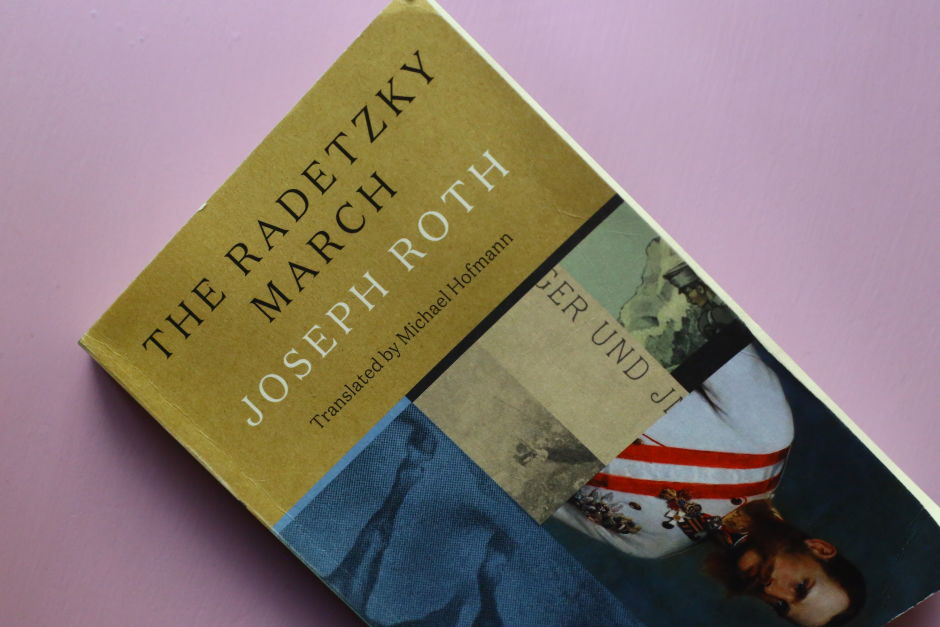
Radetzky March, by Joseph Roth (1932): Joseph Roth’s historical novel poignantly illustrates the twilight years of Austria-Hungary. Through the rise and fall of the ennobled Trotta family, we learn about themes that Roth believes contributed to the collapse of the empire: simmering national and social tensions; favoritism within the civil administration; nihilism of the officer corps; an aging and military-obsessed emperor. Of the many memorable scenes, my favorite is when Kaiser Franz Joseph visits his troops to inspect a military parade.

The Habsburg Empire, by Pieter M. Judson (2016): Starting with the 1760s reforms of Empress Maria Theresa, a strong centralized state ruled over the territories of the famously multiethnic Habsburg Monarchy. The focus of the author, who is a professor of history, is understanding where lay the loyalties of the population, which included Germans, Hungarians, Czechs, Croats, Serbs, Slovaks, Romanians, Poles, Ukrainians, Jews, Slovenians, and Italians. Was it with their ethnic group? Their crown land? The Monarchy itself? Despite the common belief that Austria-Hungary was doomed to fail – see above – most historians today hold the opposite view and this detailed and enlightening book provides a persuasive argument for its many merits.
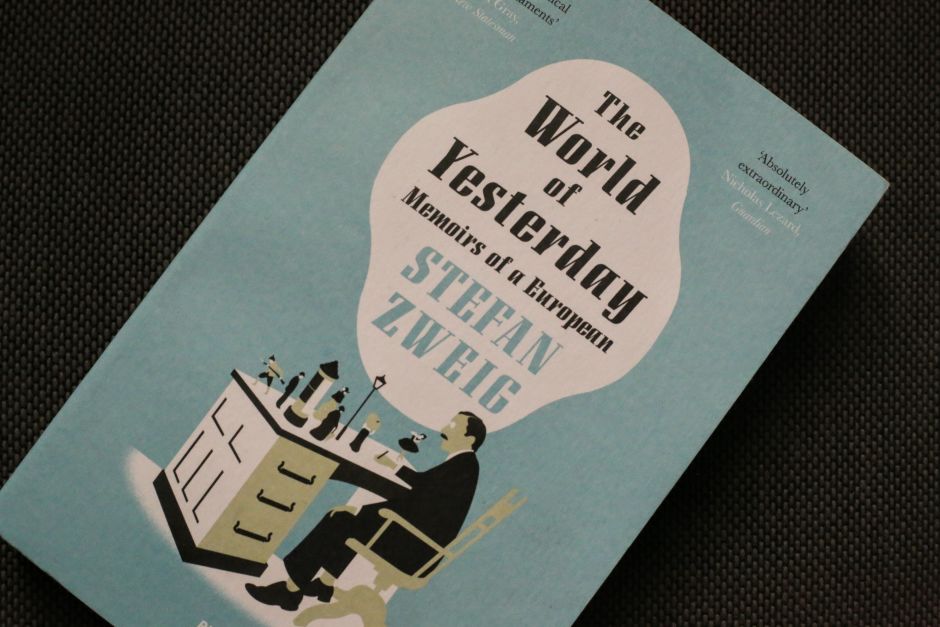
The World of Yesterday, by Stefan Zweig (1942): Calm wisdom emanates from the pages of Stefan Zweig (1881-1942), once a widely celebrated Austrian novelist. Zweig provides thoughtful commentary about life in pre-war Vienna, World War I, the strange post-war Austrian Republic, and the gradual Nazi takeover (which drove him and his wife to suicide while in Brazilian exile). The short vignettes about his famous friends – Hugo von Hofmannsthal, Rainer Maria Rilke, James Joyce, Richard Strauss, Sigmund Freud – are treasures to be savored.
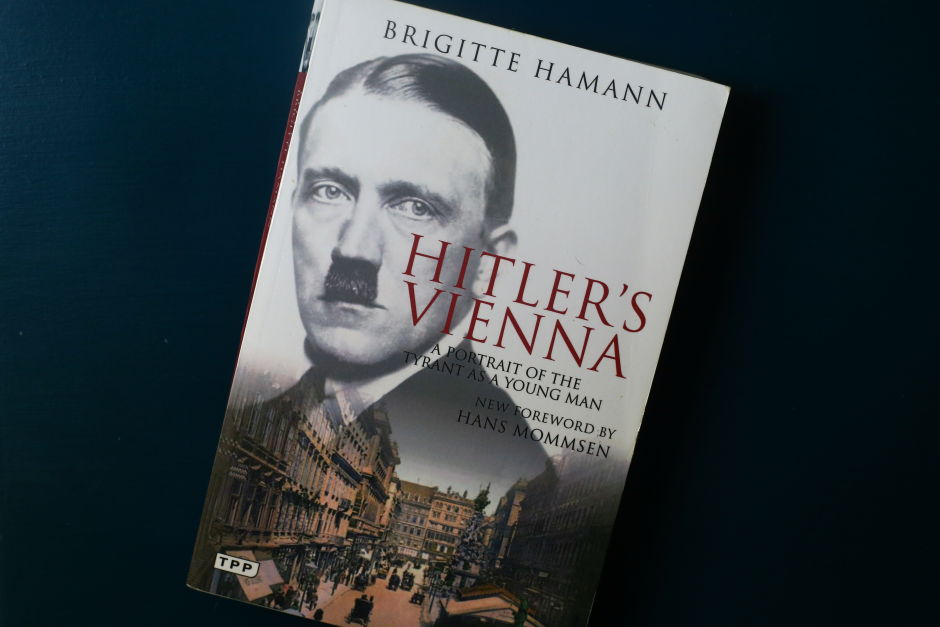
Hitler’s Vienna, by Brigitte Hamann (1999): There’s the well-known saying that Austria made the world believe that Hitler was German and Beethoven was Viennese; historian Brigitte Hamann’s book is a reminder that Adolf Hitler, who grew up in Austria, spent his formative years in Vienna, between 1909 and 1914. The book isn’t a typical biography – Hamann is interested in the political and social climate of the city and the toxic intellectual influences that shaped the young Hitler, including absurd race theories. Hamann also provides a window into Hitler’s everydays and his infamous rejection from the Art Academy.
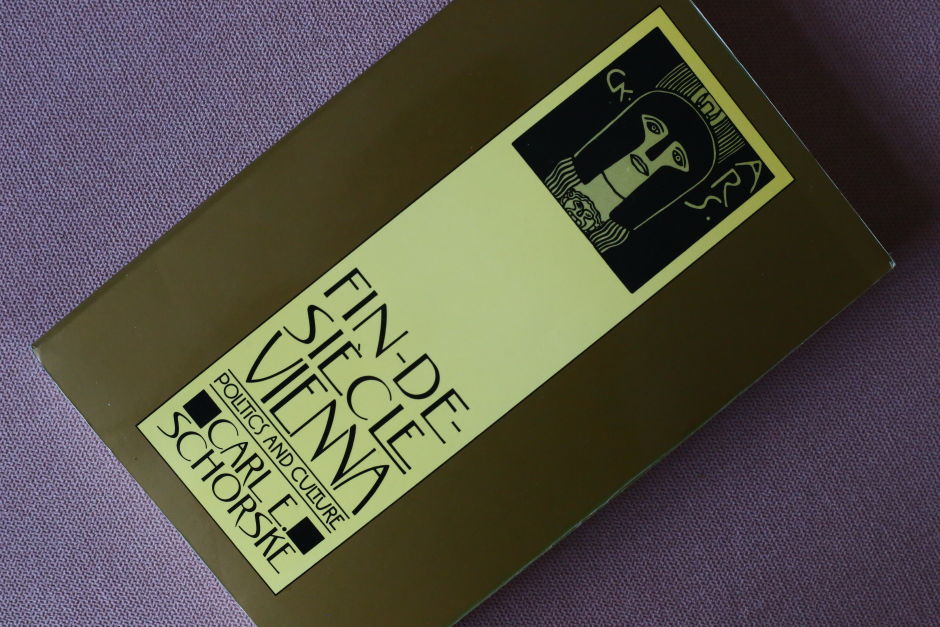
Fin-de-siècle Vienna, by Carl E. Schorske (1979): This cultural history written by the late Princeton professor, Carl E. Schorske, has become an indispensable classic on Vienna’s art and politics around 1900. Schorske believes that the emerging modern art movement in Vienna was a form of reaction to the political nationalism and anti-semitism ushered in by politicians such as Georg Ritter von Schönerer and Mayor Karl Lueger. This theory has since been largely discredited; still, Schorske's profiles of Theodor Herzl, Otto Wagner, Gustav Klimt, and his essay on the Ringstraße construction are brilliant.
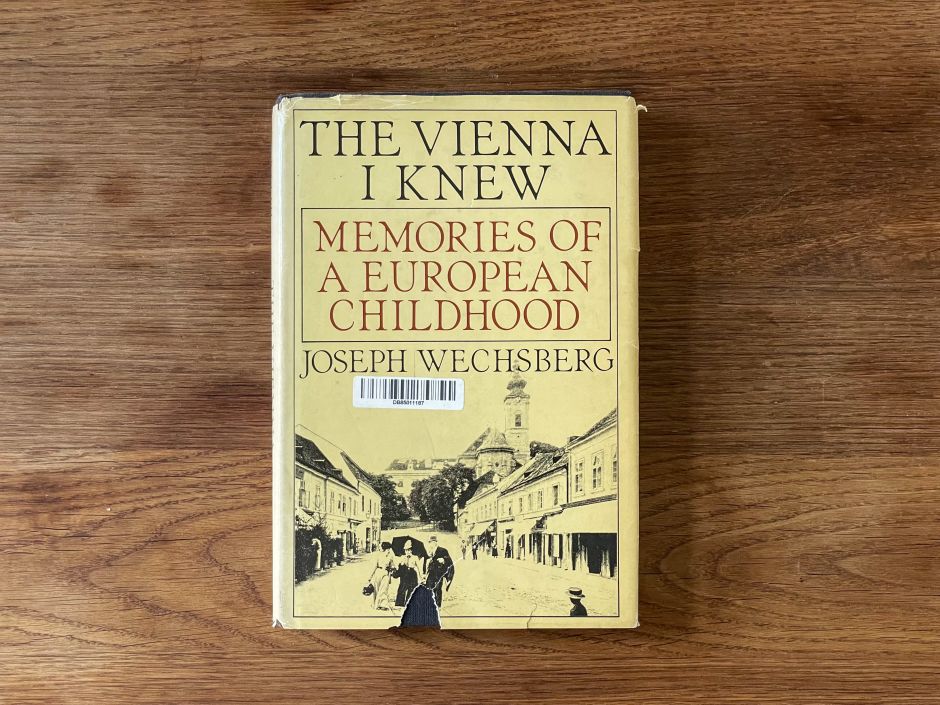
The Vienna I Knew, by Joseph Wechsberg (1979): Joseph Wechsberg is one of my favorite writers; he grew up in a German-speaking Jewish family in Moravia, fled from the Nazis in 1939 to the United States, where he became a staff writer at The New Yorker magazine. In his adopted language, he wrote beautiful pieces about fine dining and classical music, but his heart always remained in Central Europe (he moved back in retirement). This book is as much a biography as a mournful ode to Vienna as he remembered it – coated in a beautiful varnish of nostalgia.
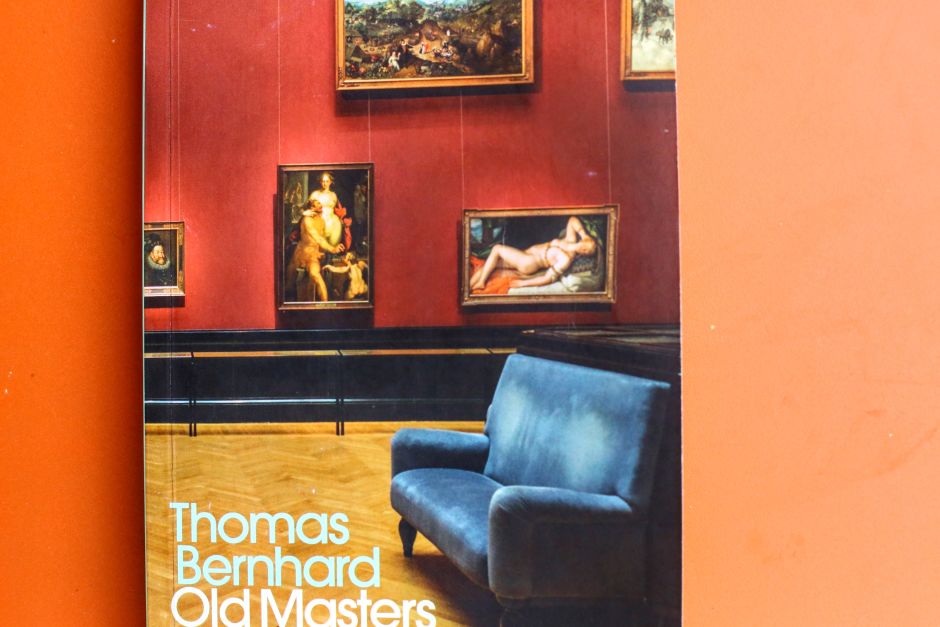
Old Masters, by Thomas Bernhard (1985): A grouchy Viennese music critic, Reger, rants about all things wrong in Austria in this dark and sharply funny novel by Thomas Bernhard (1931-1989). Reger is cynical, disillusioned, and world-weary, but his outrageous opinions contain an element of truth, like the part about Vienna’s public restrooms being shockingly unclean. No one is spared his venom: Austria’s anti-intellectual elites, the bigoted Habsburgs, the kitschy Gustav Klimt.
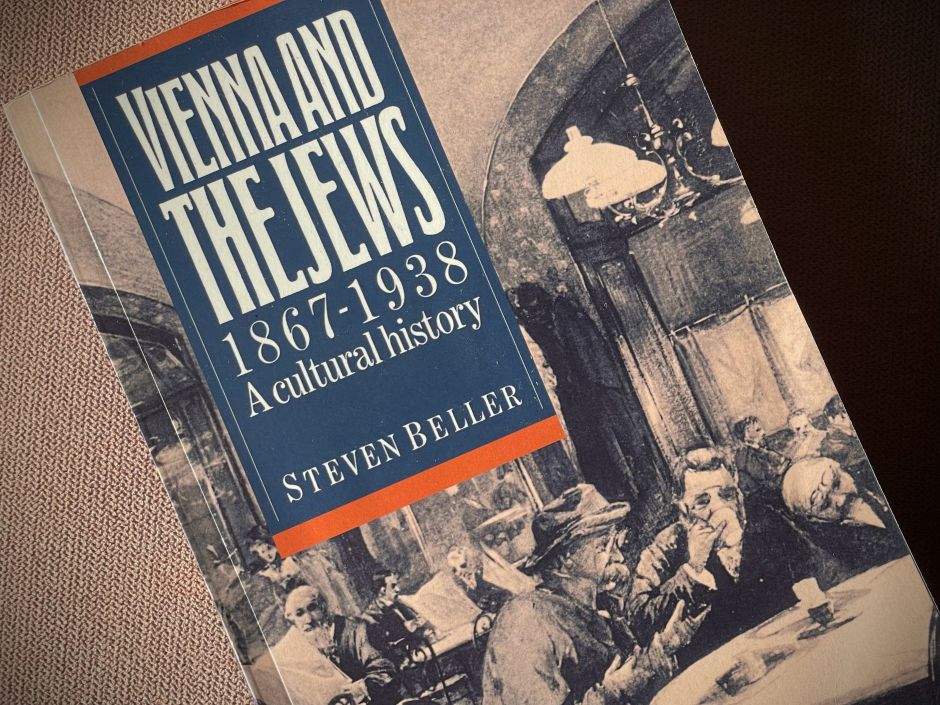
Vienna and the Jews, by Steven Beller (1989): As neighboring Budapest, Vienna had a big Jewish community before WWII that contributed massively to the city’s intellectual and artistic development – the majority of Viennese doctors, lawyers, engineers, journalists, and writers were Jewish. Steven Beller’s informative book explains the reasons for this drastic overrepresentation and describes the reactions of the Jewish community to the rising anti-semitism of 1870s Austria, which, ironically, originated from the group that Jews had tried to emulate: the German-Austrian elites.
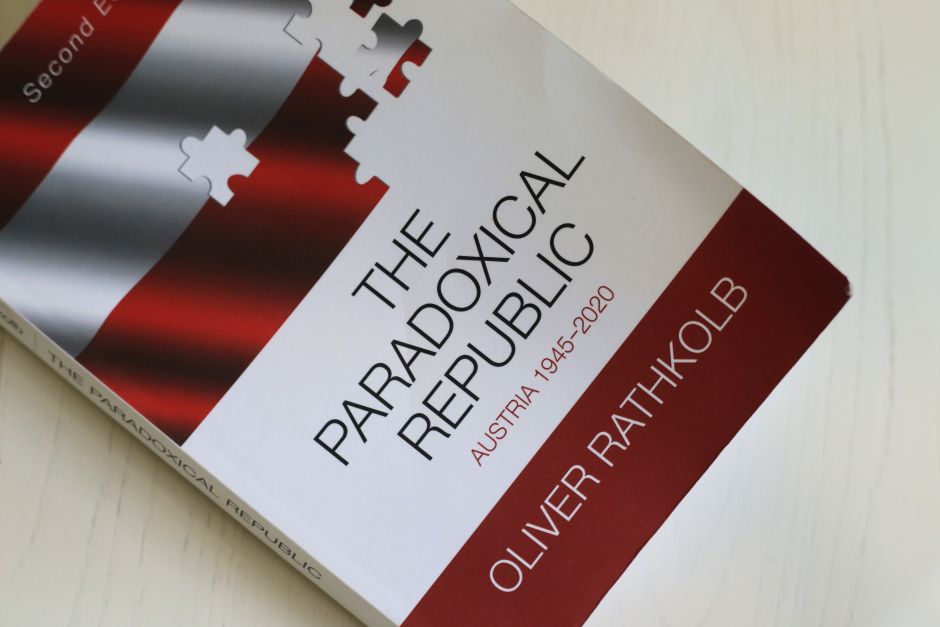
The Austrian Paradox, by Oliver Rathkolb (2021): Seeing the prosperity of present-day Austria, it’s easy to forget that not so long ago it was a poor, war-ravaged country partly occupied by Soviet troops. This academic but informative book by University of Vienna historian Oliver Rathkolb explains the reasons behind the “Austrian miracle,” having to do with Nazi-era investments, favorable Cold War dynamics, and a few unusually skilled politicians. For a summary version, read my interview with Professor Rathkolb, who played a central role in the opening of the House of Austrian History (Haus der Geschichte Österreich), an excellent museum inside Vienna's Imperial Palace.
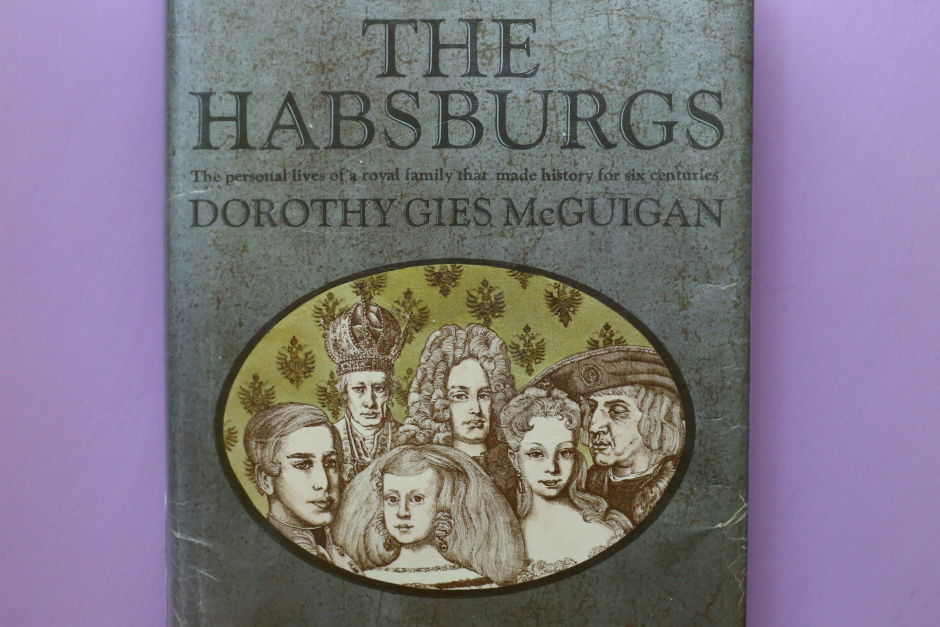
The Habsburgs, by Dorothy Gies McGuigan (1966): If you prefer juicy gossip to dry historical events, then you’ll enjoy this book about the family that ruled Austria for more than 600 years (1282-1918). How did Emperor Maximilian’s shrewd marriage policy bring half of Europe under Habsburg sway in the 15th century? Why couldn’t the lightweight Leopold measure up to his French contemporary, Louis XIV? Who was Franz Joseph’s mysterious mistress? Why did Rudolf, the last heir to the throne, kill himself? And so much more!

The Reluctant Empress, by Brigitte Hamann (1981): Those deeply interested in the life of Sisi, the isolated and unhappy wife of Emperor Franz Joseph, will find much to savor in this book. In Brigitte Hamann’s account, it was only logical that the free-spirited, liberal-minded, and highly selfish Empress escaped the rigid confines of the Habsburg court lorded over by her arch-conservative mother-in-law, Sophie. This easy-reading biography is heavy on various diary excerpts and gossip that are helpfully contextualized with contemporary events. As I read through, I alternated between feeling bad for Sisi's sad and lonely life and finding it absurd to think that.